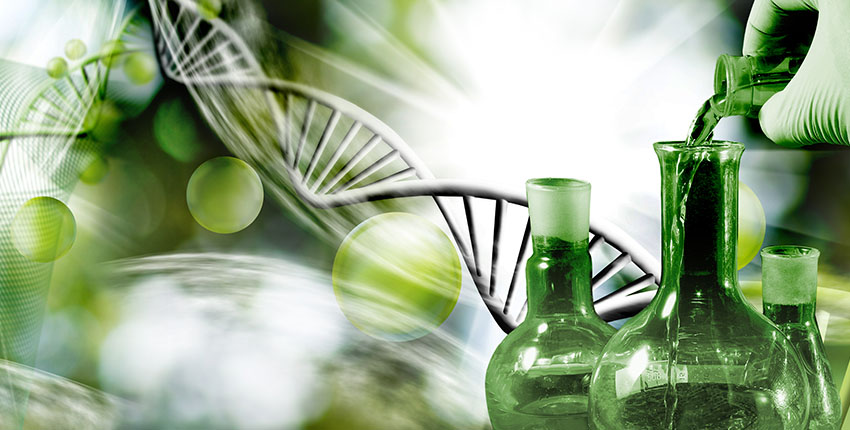
The idea that biology is not destiny is hardly new. Studies in twins have shown that even among identical pairs — those sharing 100 percent of their DNA — the same disease genes do not turn into full-blown illness in both individuals.
Most human diseases are fueled by both genetic and environmental factors. Genes account for 30 to 70 percent of the risk for developing conditions such as type 1 diabetes, hypertension, stroke, or Parkinson’s disease. The rest likely stems from external, non-biologic factors.
This poorly understood jumble of environmental variables, unique to each one of us, forms our individual exposomes.
Untangling these external influences and how they intersect with our genes could provide critical clues to the puzzle of complex diseases arising from the interplay between genes and environment. Such knowledge can optimize the way the way scientists forecast a patient’s disease risk and individualize treatments.
But the scope of our environmental exposures is so vast and the interactions so intricate, that to understand the human exposome scientists will increasingly need to turn to artificial intelligence for help.
“Some of our causal models of disease are failing, and there is a growing interest to understand how diseases arise so that we can develop therapies and interventions that factor environmental and behavioral sources of variation,” said exposome researcher Chirag Patel, associate professor of biomedical informatics in the Blavatnik Institute at Harvard Medical School. Patel said. “We need to evaluate AI approaches for reclassifying disease or stitching together exposure histories to piece together the causal picture.”
Case in point — Alzheimer’s disease, a highly heritable condition that tends to emerge later in life.